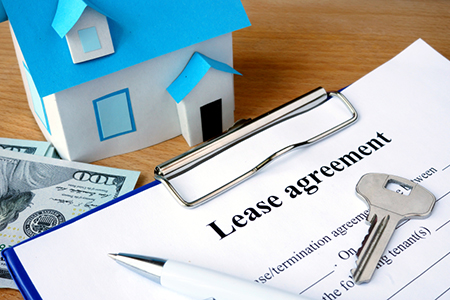
by maria | Sep 13, 2016 | Exclusive QA |
A landlord agrees to give a renter an exclusive option to purchase the property. The option price is usually determined at the outset, but not always, and the agreement states when the purchase should take place—whether, say, six months, or a year or two down the...

by maria | Sep 13, 2016 | Exclusive QA |
It is an agreement between a renter and a landlord in which the renter signs a lease with an option to purchase the property. The option only binds the seller; the tenant has a choice to make a purchase or not. Lease options are common among buyers who would like to...

by maria | Sep 13, 2016 | Exclusive QA |
The interest rate on a purchase money note is negotiable, as are the other terms in a seller-financed transaction. To get an idea about what to charge, sellers can check with a lender or mortgage broker to determine current rates on mortgage loans, including second...

by maria | Sep 12, 2016 | Exclusive QA |
Also known as a purchase money mortgage, it is when the seller agrees to “lend” money to the buyer to purchase and close on the seller’s home. Usually sellers do this when money is tight, interest rates are high or when a buyer has difficulty qualifying for a...

by maria | Sep 12, 2016 | Exclusive QA |
It is a short-term bank loan of the equity in the home you are selling. You may take out a bridge loan, or interim financing, to help with a knotty situation: closing on the home you are buying before you close on the property you are selling. This loan basically...

by maria | Sep 12, 2016 | Exclusive QA |
Yes. For example, if you decide to sell your existing home first before buying another one, you can make the sale of your home contingent on finding a replacement home. Some sellers opt for this contingency to avoid a double move, such as moving to a hotel or rental...










